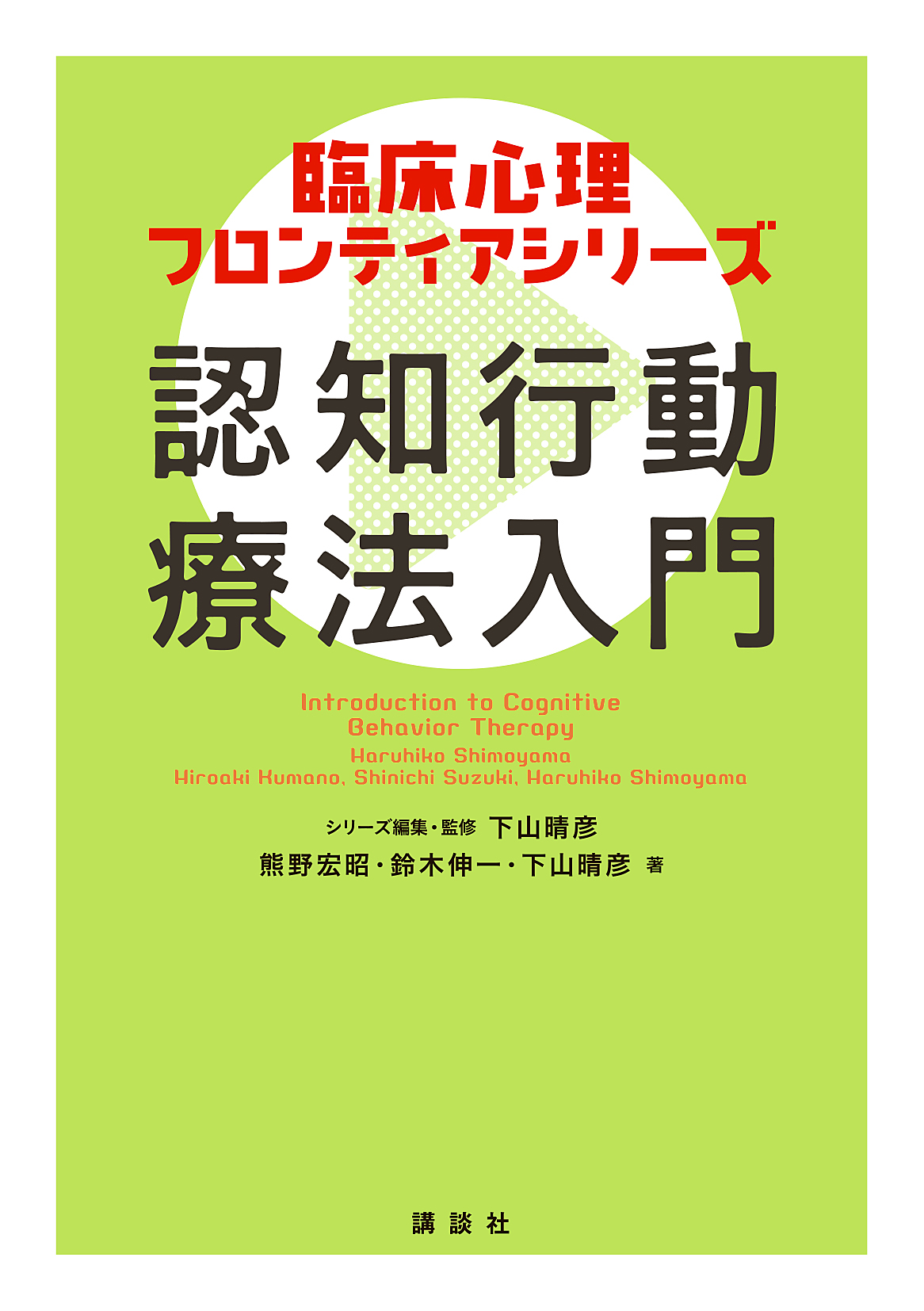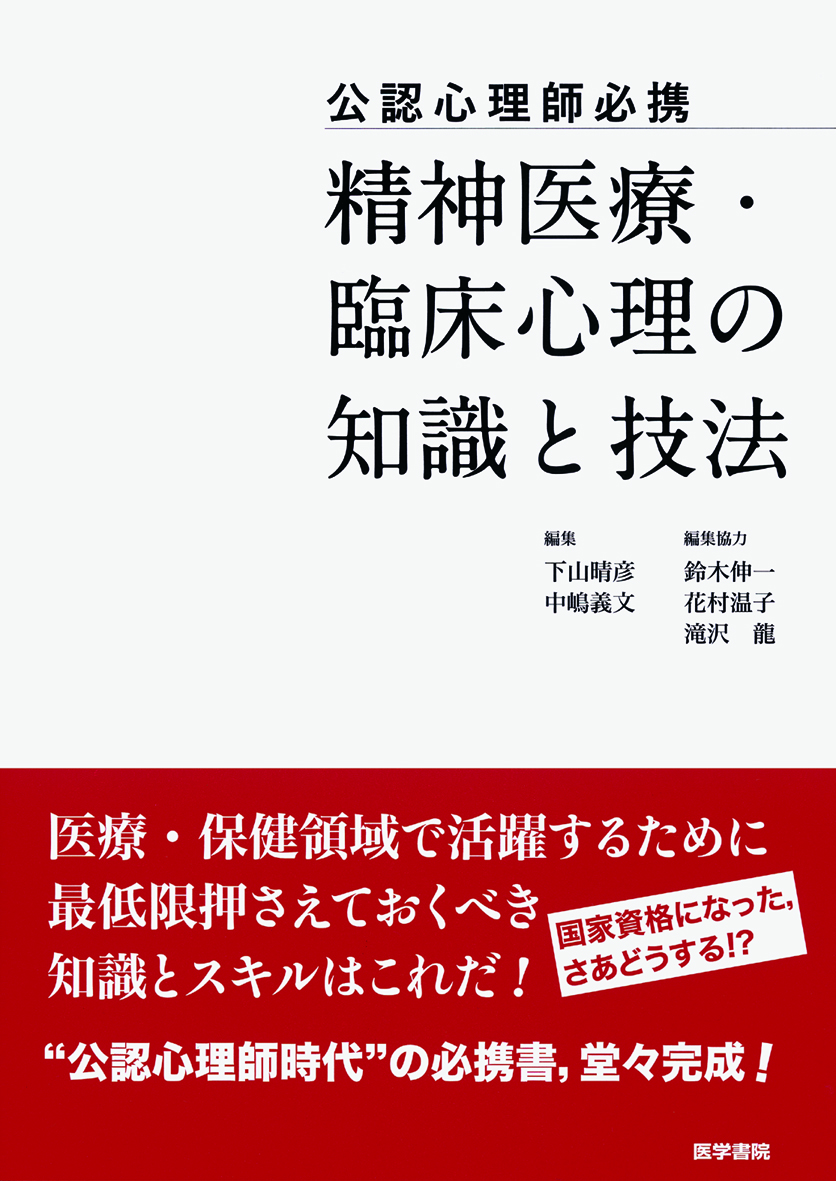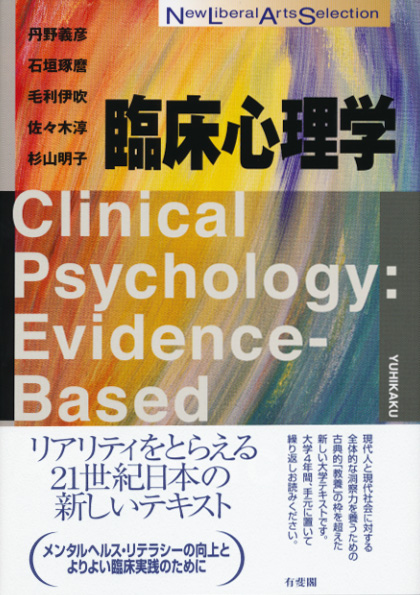
Title
Rinshō shinrigaku nyūmon (Introduction to Clinical Psychology)
Size
248 pages, 127x188mm
Language
Japanese
Released
March 22, 2019
ISBN
978-4-13-012115-6
Published by
University of Tokyo Press
Book Info
See Book Availability at Library
Japanese Page
Today, mental health care is at a major turning point in Japan. In 2019, we are seeing the emergence of nationally accredited psychologists licensed as “practitioner psychologists” on the basis of the Licensed Psychologist Act passed in 2015. The fact of national accreditation means that practitioner psychologists will now play a responsible role in the government’s measures for mental health. To this end, those aspiring to become practitioner psychologists need to study and master clinical psychology.
This book is a translation giving a brief overview of the professional activities and training of clinical psychologists in the United Kingdom. Clinical psychology in the UK is the most advanced community-based activity of its kind in the world and therefore offers a useful preview of how mental health care professions in Japan should be developed. The content of this book is directed at beginning learners of clinical psychology and is simple to understand. The basics of clinical psychology are systematically presented and each chapter concludes with a summary of the important points prepared by the translator, another reason this can be viewed as an introductory text. It is a most suitable text for newly licensed and aspiring psychologists who will lead mental health care in Japan to learn about the future of clinical psychology. It is also an ideal textbook for clinical psychology theory which is a core subject in the licensed psychologist curriculum.
This book, however, is more than just an introductory text. Not only does it contain the essence of global standards in clinical psychology, it also portrays the frontline of contemporary clinical psychology from the perspective of those actually working in the field. The reader can experience firsthand the work of practitioner psychologists in the UK mental health care system. A prominent feature of this book is its presentation of actual cases of practitioner psychologists leading multidisciplinary teams. At the same time, the content of the book is presented in a manner that Japanese practitioners of psychology will find familiar. The licensed psychologist is said to be based on the model of a scientist-practitioner, but many Japanese find the portrayal of a psychologist as a scientist cold and disturbing. To counter such objections, this book presents a new “reflective scientist-practitioner” model that has better appeal to Japanese sensibilities.
As this shows, this is a practical book on clinical psychology with numerous examples and specific commentaries to guide Japan’s future practitioner psychologists in their studies. It is my conviction that this book will provide many of Japan’s fledging practitioner psychologists with the confidence, hope and pride that they will need to do their work.
(Written by SHIMOYAMA Haruhiko, Professor, Graduate School of Education / 2019)



 Find a book
Find a book


 eBook
eBook





